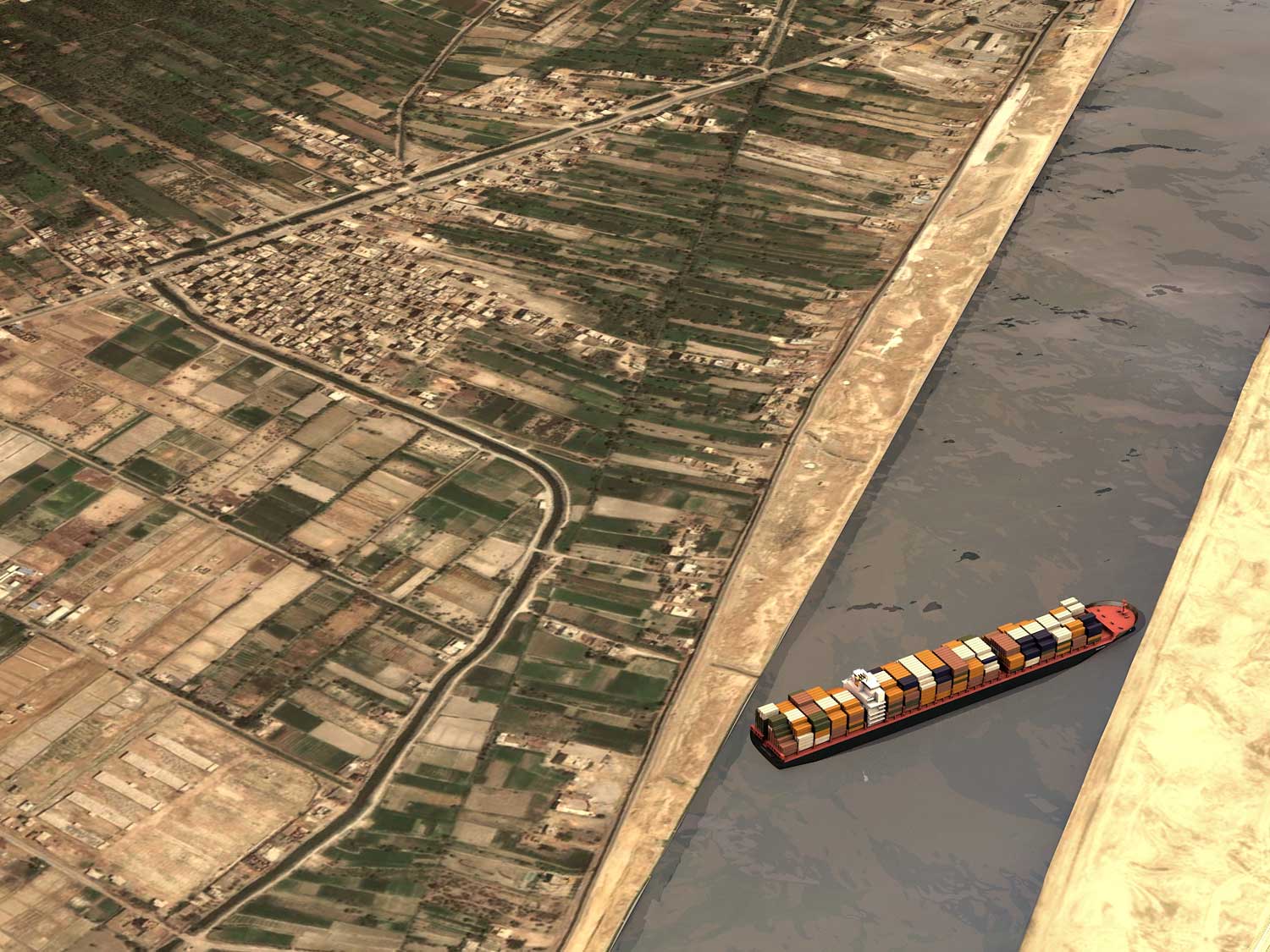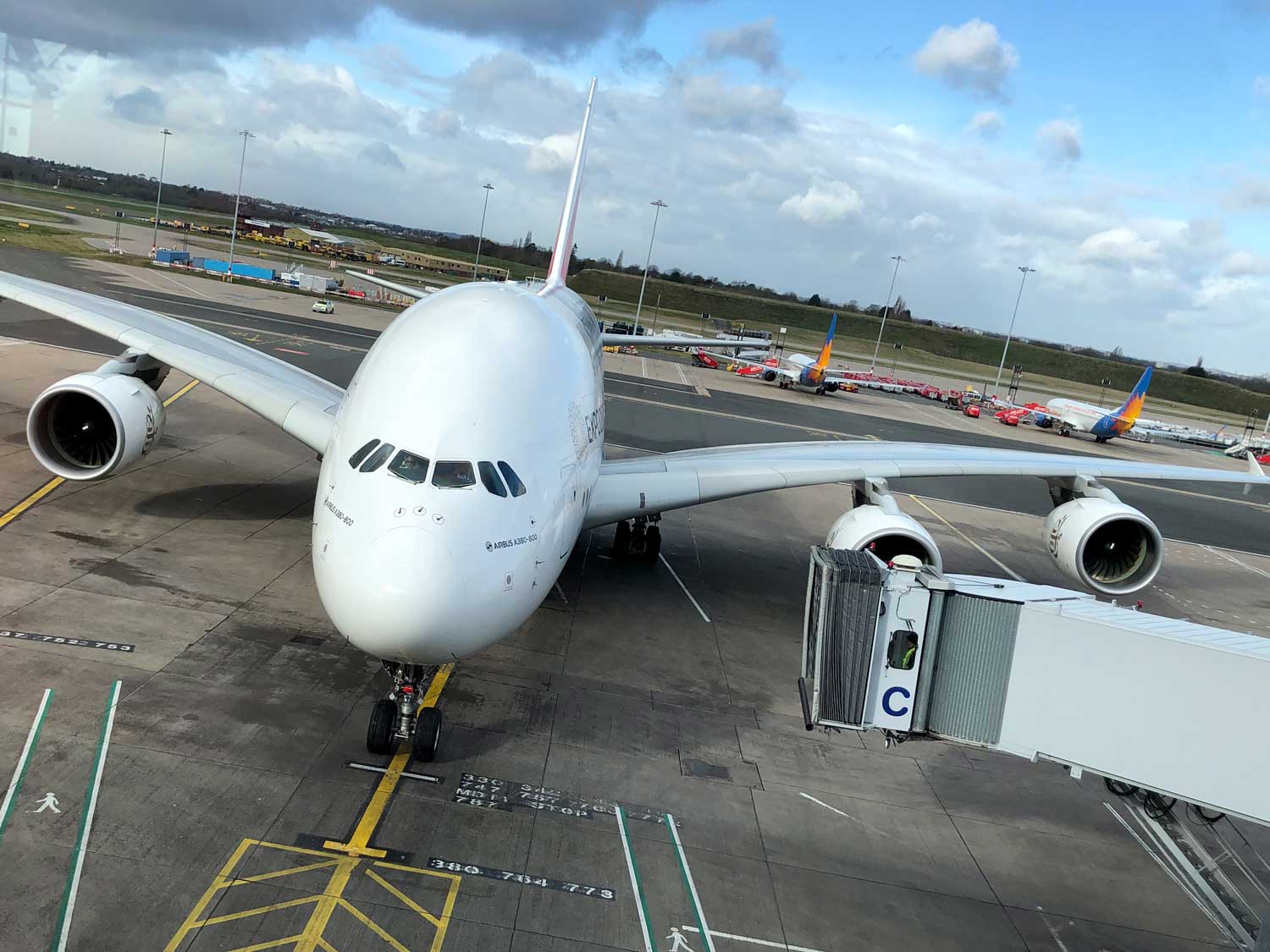At approximately 15:00 today The Ever Given has been successfully refloated within the Suez Canal and is currently leaving the grounding site with the assistance of tugboats. As soon as she is clear of the Canal, the authorities will resume normal operation and start to clear the hundreds of vessels currently waiting at either end of the channel, but the backlog will take a week to 12 days to clear.
However quickly the effects of the last seven days are cleared from the Suez Canal the consequences of the closure will have repercussions throughout the whole of the global logistics sector.
Please find below the latest summary of the environment in which we find ourselves operating, from a practical and pragmatic perspective:
Shipping lines
There are very few advisory updates being issued by affected shipping lines as the container industry tries to deal with the situation. Any updates that are being received are generic and not providing anything specific beyond the coverage in the national press. Basically, they are saying, the canal is closed and shipping is on pause until the Ever Given is dislodged and moved.
Schedules
Shipping lines are not updating their schedules as of today in any significant way – we also partner with ‘Cargosmart’ the most advanced ‘real-time' vessel tracking platform but this is, from a schedule perspective, reliant on carrier updates which are not forthcoming. Therefore current data integrity within MVT and our own visibility reporting will be affected.
Visibility
To overcome this situation we are manually tracking every vessel through GPS and have dedicated an emergency task team to input this data. We have also developed within the last week a bespoke MVT tile to disseminate this GPS data to to consignment/ container level, so that all Metro operations colleagues have access to the current location of every shipment.
Diversion
Several carriers have already taken decisions to route some of their vessels on the longer route via the Cape of Good Hope which adds approximately a week to 12 days to the transit compared to the Suez.
Surcharge
Although nothing has been announced by any shipping line presently it is mooted that some may introduce a Suez Emergency surcharge to cover additional costs of vessels at anchor and the vessels now undertaking a different journey.
Air Freight
We are already seeing an increase in air freight demand on all major east/west/west trades to accommodate for ‘distressed ocean freight’ caused through the current situation. This will continue to grow as the delays continue and with an expansion in additional air freight reliance there are likely to be rate increases applied by the airlines. Please call your Metro airfreight team for any requirements, as it is expected that towards the end of this week that there will be a significant spike in requests.
Port congestion
It is anticipated with the release of so many vessels in a short period will have to result in significant congestion at destination ports throughout Asia, Africa and Europe which will impact operations or result in shipping lines having to make decisions to omit some destinations due to schedule recovery or skip ports entirely due berthing times not being available or having been missed. This may lead to containers not being discharged at the intended destination and requiring repositioning which will result in transit delays – we are monitoring every container and will update as we receive information that impacts all movements and share all options available.
Outlook
Current expectations are that it would take 12 days to clear the canal backlog, if the Ever Given is freed soon and we anticipate that the impact to container freight will last for several weeks. Possibly longer. The Suez is roughly midway between The Far East and UK so the delays, schedule interruptions and pending congestion will unwind throughout April.
There will be at least a week, probably longer, of containers not arriving at destinations within 2 weeks of the Suez reopening. There is already shortages of empty containers in many regions and territories, as we have updated over recent months. This situation will be accentuated in coming weeks until vessels begin to arrive at their destinations.
It is likely that regional feeder vessels, rail movements and inland haulage will become extremely busy and in high demand once containers are discharged creating issues with final mile/ first mile operations as experienced before Christmas due to simultaneous arrival of vessels that can discharge at ports. In essence there could be, subject to the infrastructure being able to handle the vessels at ports, three weeks of demand, at an already extremely busy time, arriving in a week period. Something will likely fall over and there will be failures in normal service delivery.
As the situation continues to evolve and plans, decisions and schedules become clearer we will update the alternative solutions and recovery that we have available across all modes of transport to try to get your supply chains fully functioning again without further impact. However this episode will have a much longer and deeper outcome than a week long delay to the vessels that have been caught up in and around the Suez, that is for sure.
We are doing everything that we can to communicate the situation to you during this event and for further advice, information and details please contact metro – we are here to assist and deliver the best solution and service available regardless of the situation and conditions.





